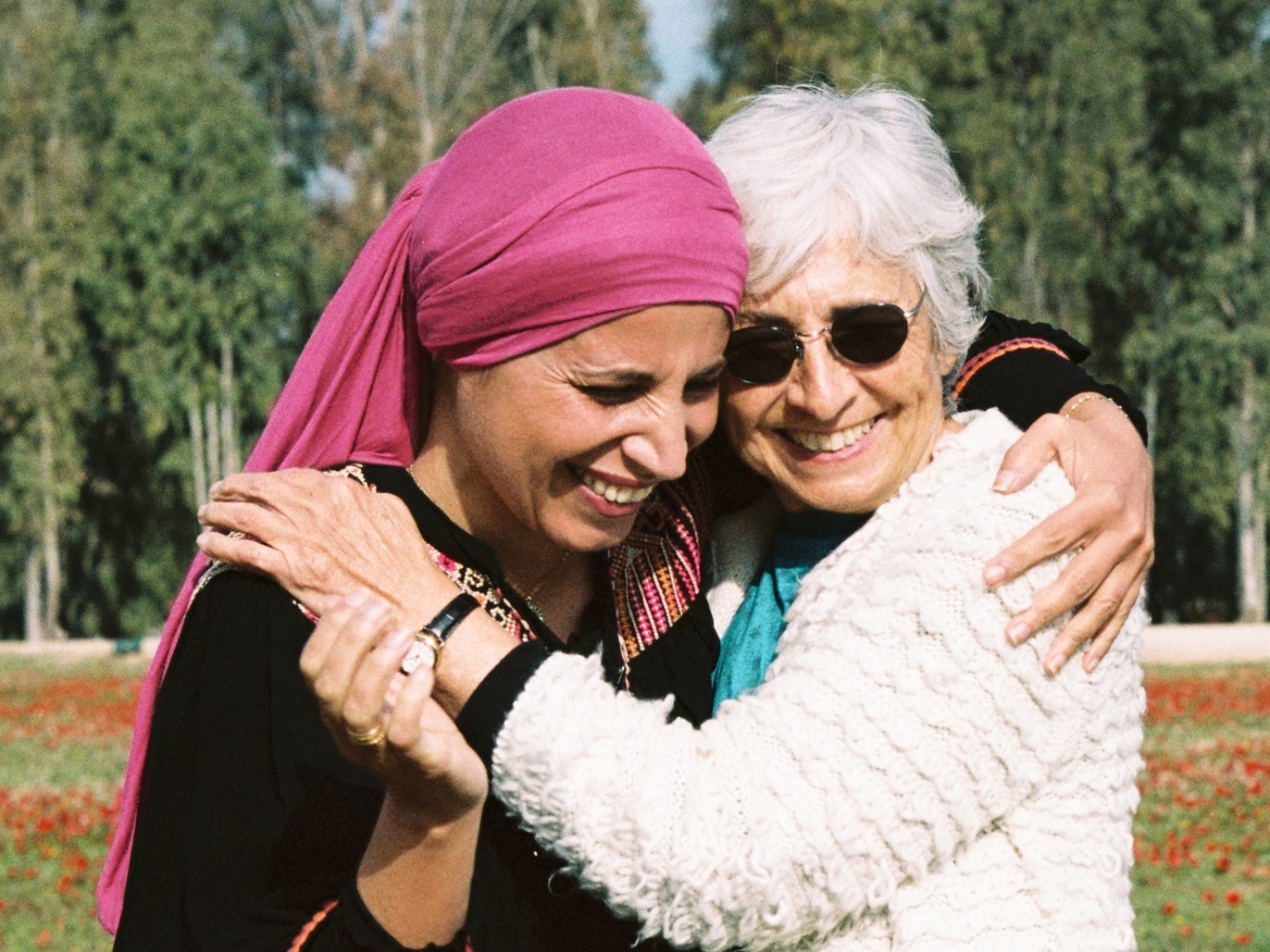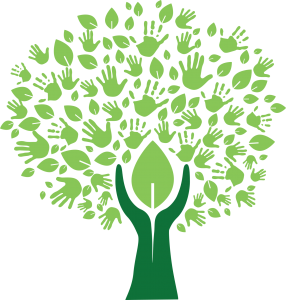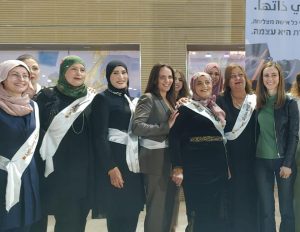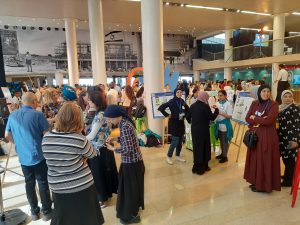Reduced Inequalities


Home » Reduced Inequalities » SDG 10-Arab Equality – From 30,000 Feet
SDG 10-Arab Equality – From 30,000 Feet
Time flies when writing about social impact issues in Israel. So much so that we failed to notice that it’s been awhile since our last post dedicated specifically to activities empowering the Arab community.
Of course, work continues in implementing the Government’s five-year, 30 billion shekel program – even when we don’t write about it. While it’s tempting to provide another illustrative update now, this time around we’d like to offer more of a bird’s-eye view of the subject through a May “Haaretz” profile of the Social Equality Minister, the senior official responsible for carrying out the plan.
The piece, anchored in working visits by the Minister to a number of Arab communities, offers some honest insights into the opportunities and challenges of efforts to advance SDG10 (reduced inequalities) in Israel. Here are a few examples from the translated version as published by “Haaretz”:
“Is it the case that after these 30 billion shekels, there won’t be any more social or economic disparities between Jewish society and Arab society? No, I can’t say that. But it is possible to effect a significant change, and one that will be measurable. For example, if by the end of this government’s term in office (SII – the Government fell a month after this profile’s publication), we have succeeded in raising a number of Arab locales from cluster 3 to cluster 4 in the socioeconomic scale [cluster 10 is the highest], that would be a success. Again, we will not solve everything. But this is not all-or-nothing.”


The profile reflects a particular interest in gender equality on the part of the Minister, whose responsibilities also include the Authority for the Advancement of the Status of Women. In this context, she believes that the new plan rectified the lack of “gender perception” in the previous government’s program.
“You can argue with me and say ‘Who are you, the white woman (SII – the Minister’s parents immigrated to Israel from Morocco in the 1950s) who condescends to women who are different from you and preaches to them how to live their life?’ That is a question of liberalism versus multiculturalism. In the end, I am a liberal with my own worldview. I can accept that there are different beliefs and perceptions, but up to a certain limit. Does that limit include prohibiting a woman from sitting in a café? Not being allowed to work in certain fields? Or participate in local council meetings? After all, it starts there and ends with rape and incest.”
When asked what overall conclusions she draws from her work, the Minister points especially to the “disconnect” between Israel’s Arab and Jewish communities.
“If we deal with that inequality, it could be a tremendous growth engine and benefit the entire economy. And if we neglect it, it will blow up in our face. I’m not trying to sell a 25-year vision here. There are quite a few people think that money will be washed away in a sea of troubles. But we have to embark on the journey.”
Well said.
Related articles


SDG 10- Israel’s Technological Solutions Creating More Inclusivity for the Disabled
Reduced Inequalities Israel’s Technological Solutions Creating More Inclusivity for the Disabled Take a look around Israel (it’s not a big country) and it isn’t hard


SDG 10- Hoping Arab Empowerment Plan Makes Difference
Reduced Inequalities World Day for Cultural Diversity for Dialogue and Development (May 21) is an excellent opportunity to revisit Israel’s efforts to reduce inequalities and


SDG 10- The OECD is Calling
Reduced Inequalities Something strange is going on. It seems that almost every time they appear together publicly, the OECD talks about diversity while the Israelis


















